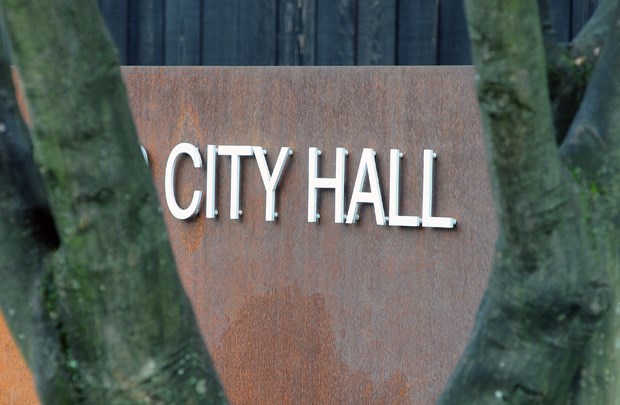New child care centres in the City of North Vancouver’s residential neighbourhoods may be 20 per cent quieter than the old ones, following a split council vote.
Council recently voted on two measures that effectively reduced the maximum number of children in a residential daycare from 20 to 16.
The reduction is a backwards move, according to Coun. Linda Buchanan, who touted residential neighbourhoods as an ideal place for daycares and for children.
“Given the economics we have right now within single-family neighbourhoods and the cost of housing, (daycares) might be the only way for you (to) find children in neighbourhoods these days,” she said.
Rather than a step backwards, council’s move to prohibit principal use daycares is a move to “respecting and protecting” residential neighbourhoods, according to Coun. Rod Clark.
“We’re not prohibiting daycare in residential zones, what we’re saying is: ‘You can’t have businesses,’” Clark said.
As someone who had his own daycare problems while raising children, Clark said he was sympathetic to parents.
“One of us stayed home with the kids because we couldn’t find daycare that was appropriate, so I understand all those issues,” he said.
Buchanan differed.
“With all due respect to my colleague … that was a long time ago. The reality for families now is very, very different. They cannot choose for one person to stay home.”
Buchanan noted that if child care centres are pushed into commercial zones, they will likely cost cash-strapped parents even more.
While daycares may be the second most costly expense young families face, housing is still the greatest cost, noted Coun. Pam Bookham.
Council should not encourage commercial daycares that utilize “much needed housing,” according to Bookham.
“Some facilities are opening and transforming the property quite significantly,” Bookham said.
East Fourth Street resident Janet Malcolm said she’s witnessed that transformation first-hand, as a daycare turned her neighbourhood into “a very unpleasant place to live.”
New child care facilities would need to hold public meetings before receiving a business licence.
Malcolm beseeched the city to “please listen to the neighbours” in those meetings.
Malcolm said her previous concerns had “fallen on deaf ears.”
“It’s not that things fell on deaf ears,” Coun. Craig Keating countered. “What happened was we had a principal disagreement.”
The new “unduly restrictive” policy “radically changes” the path the city has been on, according to Keating.
“Certainly when I was a kid 50-odd years ago, child cares were all over the neighbourhood I lived in. It was a good thing, it was an inclusive thing, it was a healthy thing, it was a thing that built neighbourhoods,” he said. “And by the way, 50 years ago they did it for money, too.”
Coun. Don Bell supported the new measures, mainly because he said he was skeptical of daycare operators who don’t live in the neighbourhood where they do business.
“I support a home business, I don’t support a business-business,” he said, noting the impacts of traffic congestion that can accompany a daycare.
Coun. Holly Back agreed, saying she wouldn’t support a “full-fledged business” in a residential zone.
“I am opposed to principal use daycare,” she said.
What the city may ultimately need is a better way of dealing with contentious issues that arise between much-needed daycares and their neighbours, according to Mayor Darrell Mussatto.
Council voted 4-3 to prohibit new principal-use daycares in residential zones; with Mussatto, Keating and Buchanan opposed.
The city’s three principal use child care centres would be grandfathered in, according to a staff report. However, any new principal use daycares would require a rezoning and council approval.
Principal use daycares such as Discovery Castle, Golden Star and Kidsland have received “very few complaints,” according to the report, which noted that the greatest number of complaints were directed at an accessory use daycare.



